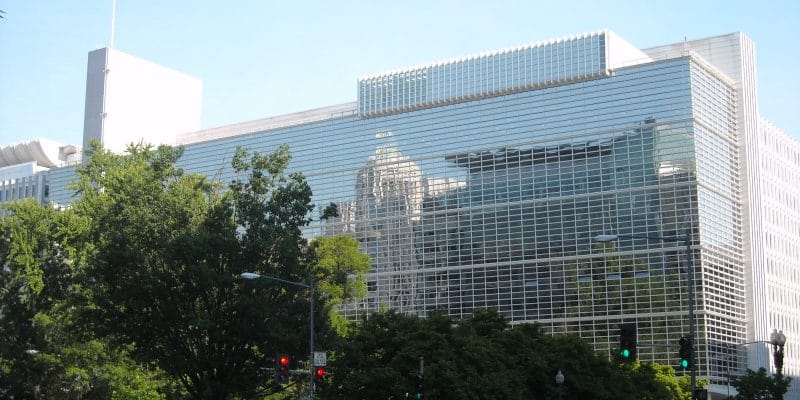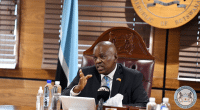A German media pool published a survey in mid-April 2019, based on the Urgewald NGO report, which questioned the World Bank. Breaking its climate commitments, the Bretton Woods Institution is reportedly continuing to finance fossil industries... on the sly. In particular through its subsidiaries, by exemption in Nacala (Mozambique) and Lagos (Nigeria). However, the case is not so obvious....
The World Bank, not so “green” as that? The financial institution is accused by a pool of investigators from highly respected German media, Süddeutsche Zeitung (SZ), Deutsche Welle (DW) and Norddeutscher Rundfunk (NDR), of continuing to finance fossil fuels, in flagrant contradiction with its public climate commitments.
Of course, the World Bank is committed to a five-year, $22.5 billion climate investment programme on the African continent. This was the commitment she made in mid-March at the One Planet Summit in Nairobi, Kenya. Still, the report by the German NGO Urgewald, on which the German media investigation is based, criticises it for continuing to finance energies that emit large amounts of greenhouse gases.
Through its subsidiaries, it would have financed oil, gas and coal production between 2014 and 2018 with $12 billion, compared to only $5 billion for renewable energy.
In its defence, the bank argues that many commitments were made before the Paris agreements at COP21 and that its new commitment to renewable energy, particularly in Africa, is now exemplary. Which is true.
However, the Süddeutsche Zeitung claims that certain practices persist, particularly through its subsidiaries, and in a subtle, even concealed manner. Thus the Bavarian newspaper identifies two operations in particular, in Mozambique and Nigeria.
In Mozambique, for example, recent World Bank grants to “fight poverty” would have allowed the government to lower taxes for coal mine investors. While its private financing subsidiary, the International Finance Corporation (IFC), is reported to have previously invested heavily in the railway line for coal transport to the port of Nacala, whose Nacala rail and port infrastructure project, led by the Vale and Mitsui mines, was incidentally also awarded last year by a panel of experts.
The IFC, again, would also have financed the world’s largest refinery currently under construction in Lagos. Certainly the $150 million is formally earmarked for the production of fertilisers attached to the mega-plant. But who will do the accounting separation on the spot, German journalists ask themselves. Especially since IFC holds shares in five banks that would have directly financed this gigantic project at $14 billion.
What should we think about that? That the climate transition is undeniably underway at the World Bank and that its efforts in favour of renewable energies are exemplary. But that, as always in times of change, reflexes from the past may still remain here and there, because it is not always easy to arbitrate between local development issues and environmental emergencies. Although it is illusory to protect people when destroying their environment.
The World Bank must therefore be given credit for its relatively recent commitments, in line with the transition at work among many funders. But it will be necessary to remain vigilant. And in fact, the bank’s new boss, David Malpass, recently confirmed the bank’s commitment to the climate.
Christoph Haushofer







